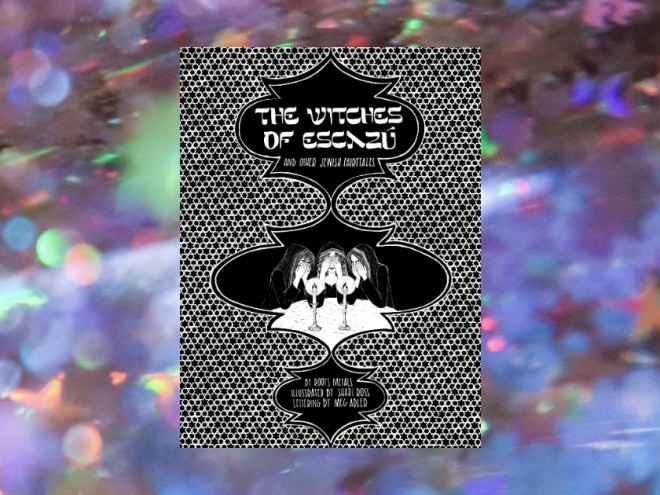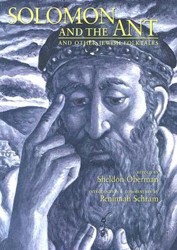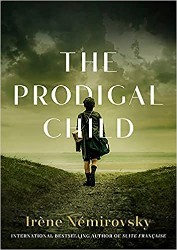The Talmudic story about Yosef, a poor man whose unerring love for the observance of Shabbat grants his life dignity and purpose, has been recreated for young children by Ori Elon and Menahem Halberstadt in their book In the Market of Zakrobat. With textual attention to the details that convey meaning in a simple way, and with delicately beautiful pictures, both author and illustrator convince their readers of an important truth; holding on to material possession brings their owner nothing, while sharing enriches both the generous person and those who benefit from his or her kindness. Its ancient setting and fairy tale quality pair with a clear sense of relevance today, as two very different characters contrast to make a gentle point about leading a meaningful life.
From the beginning, the story has a specific geographic setting: a town called Zakrobat on the banks of the Euphrates River. Baltosar, a wealthy man who “lives alone in a giant fortress,” is virtually imprisoned by his wealth. Each detail calls attention to his predicament, including the twelve chests filled with gold that he hoards to no purpose. So pathetic is his solitude that Halberstadt shows him seated at a small table playing chess with a peacock rather than a human companion. Children will understand the ridiculous nature of his existence when Baltosar boasts, “It’s true that I have lots and lots of gold…but that’s because I am very careful with my money!”
Baltosar’s opposite is the humble Yosef, a poor cobbler who never fails to enhance the mitzvah of Shabbat observance by bringing extra beauty into his home each week. Rather than chests full of useless gold, Yosef looks for only modest items such as “Fresh fruit, a tasty fish, a pretty flower,” knowing that his joy in experiencing the day of rest will render everything exceptional. Baltosar’s frustration at Yosef’s happiness takes the form of an ugly dream that Halberstadt visualizes as a tormenting vision of personified treasure chests threatening the loss of his gold by “sprouting little feet and running, shoeless, onto the slide.” Both Elon’s words and Halberstadt’s images will reach children at their own level without patronizing them. Baltosar concocts an elaborate plot to ensure that Yosef will never threaten his status as the wealthiest man in the community, yet Yosef had never aspired to acquire even one of the chests full of gold. Elon’s repetition of the same words, as Yosef searches the marketplace for Shabbat delicacies, reinforces the tale’s message about competing values. Baltosar’s relentless fears of financial decline gain him nothing while Yosef retains both his self-respect and the love of those around him.
Halberstadt’s characters are comic and dignified at the same time. The cartoon-like simplicity and exaggeration of their faces make them recognizable types; the wealthy miser radiates resentment, but the man of faith is able to appreciate what he has. When Yosef finds a giant gem inside his carefully chosen Shabbat fish, two pictures define his personality. In the first, he raises one eyebrow in astonishment, then he embraces his young daughter. At the meal where he has invited everyone to enjoy his good fortune, he raises his arms in their frayed sleeves and closes his eyes, transported to a level of happiness that Baltosar will never know. Elon and Halberstadt’s interpretation of Yosef’s story is as sweet and rewarding as Yosef’s Shabbat celebration.
Emily Schneider writes about literature, feminism, and culture for Tablet, The Forward, The Horn Book, and other publications, and writes about children’s books on her blog. She has a Ph.D. in Romance Languages and Literatures.





